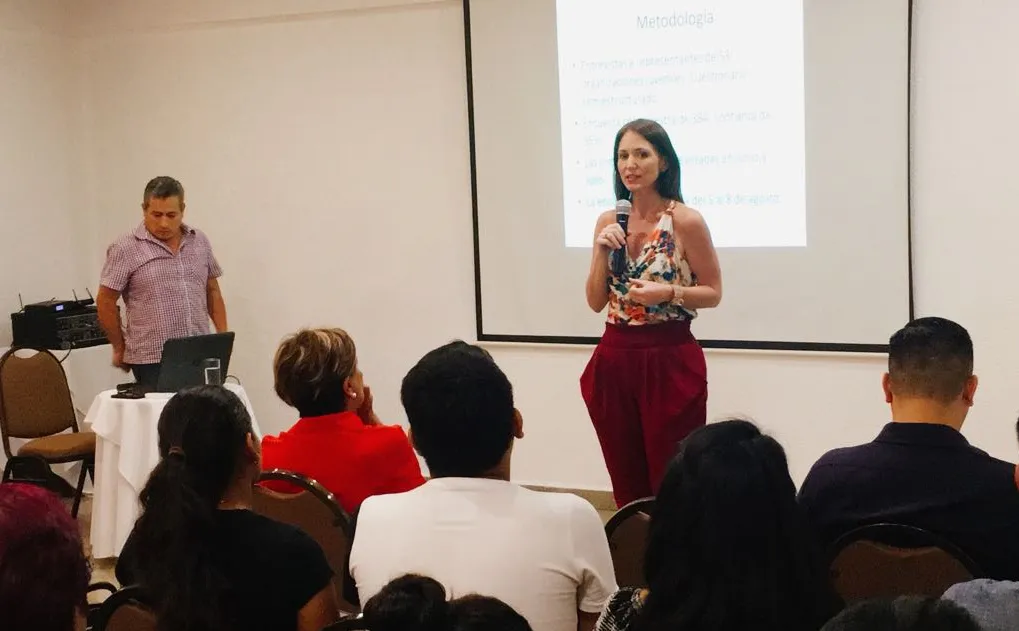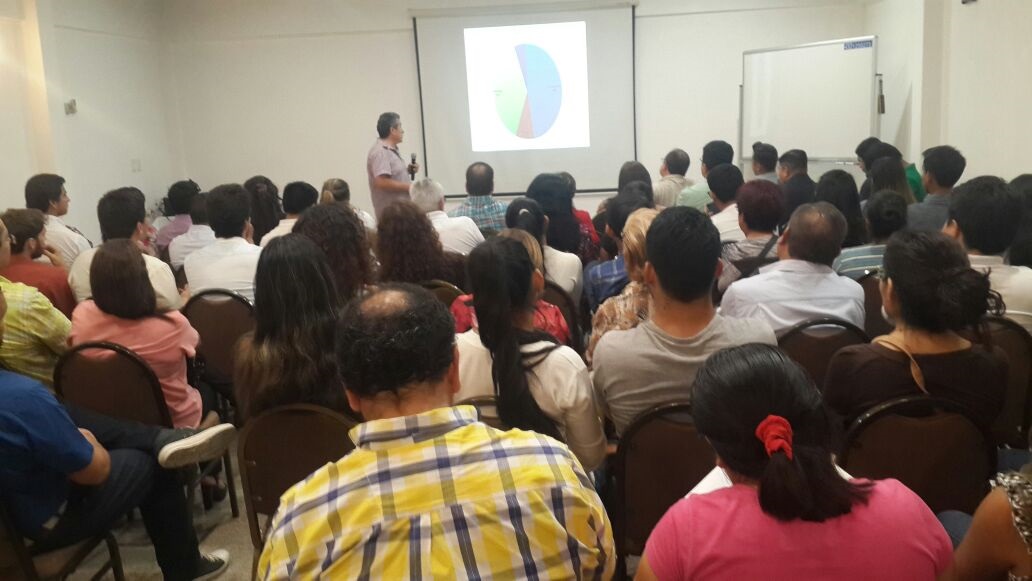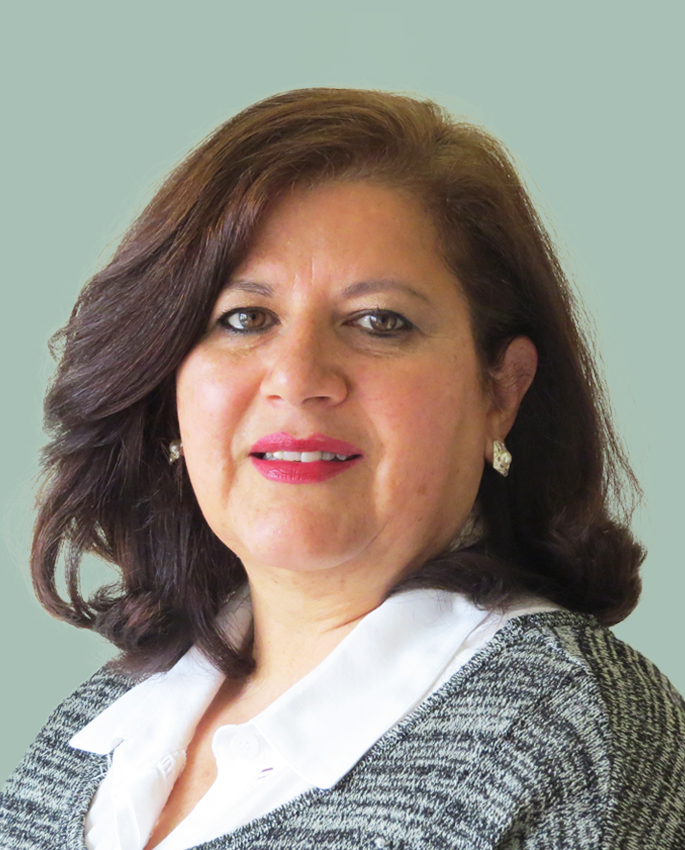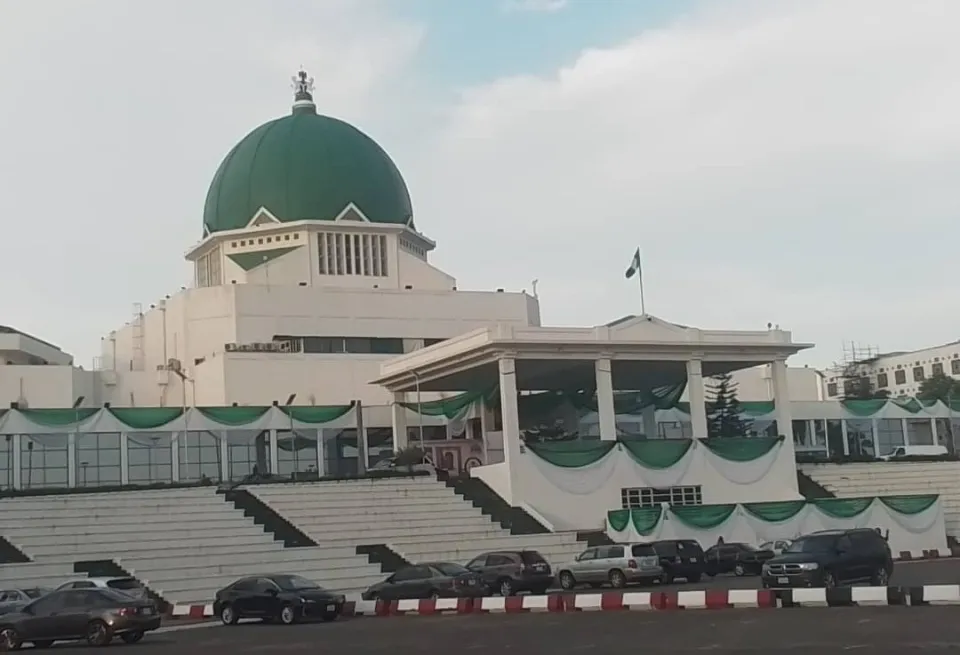Bolivian Millennials in search of active and responsible participation

An investigation conducted by International IDEA , with support from the Embassy of Sweden, has had a notorious impact on the mass media of the Department of Santa Cruz, which have devoted several pages, editorials and numerous notes and comments on radio stations and TV channels. And is because the study contains findings and very relevant analysis.
Este articulo se encuentra disponible en Castellano.
For the year 2016, the population in Bolivia between 16 and 28 years old reached 2,610,000 people, of which 771,000 reside in Department of Santa Cruz. These data, by themselves, should attract special attention from the different levels of government and political organizations for the construction of public policies that offer due treatment to the needs, expectations and requirements of that population. Even more, so if we take into account that today's young people are connected to all world's events online and, therefore, tend to build visions and paradigms that the traditional logics of public management do not consider sufficiently or, worse, they do not understand them.
The results of the surveys conducted by the International IDEA team show a youth who feels distant and disconnected from public authorities. Although 95 per cent of youth are not part of organizations and 69 per cent have no interest in participating in politics, 61 per cent are willing to engage in public agenda issues for their own welfare and that of their family, as well as that of his community, which shows that the well-known Millenians are not an indifferent generation.
They have an agenda and want to participate in the deliberation and management of public affairs, but not in the roles traditionally assigned to them by political parties. Not only as mere activists in electoral campaigns but in the construction of proposals and treatment of substantive issues. The concerns of the young people of Santa Cruz have to do, among other issues, with the environment; they denounce the destruction of the forests and the clearings that are carried out in a massive way to expand the agro-export activity (soybean). They demand public safety from the State and political parties and are concerned about employment, since a large percentage lacks work or it is very difficult for them to access it. According to the data obtained through the survey, there are 41 per cent of unemployed young people between16 and 30 years old. This situation becomes even more worrisome when we observe that almost 80 per cent of unemployed young people have been in this condition for more than six months.

The Millennials are setting a new path to politics and public service at different levels of the state. It is urgent to change the vision of the political parties regarding their relationship with them. It is not enough for young people to formally militate in political organizations but to influence programmatic proposals with a generational perspective.
On the other hand, the youth also face the challenge of promoting and leading the renewal/transformation of political organizations overcoming the adult centrist logics, to avoid being trapped by the perpetuation of obsolete practices and questionable power relations. Youth organizations must have the capacity to recognize the diversity of the society of which they are a part and of the youth themselves, to contribute to the construction of more inclusive and updated visions, capable of successfully facing the enormous challenges of the globalized world.




